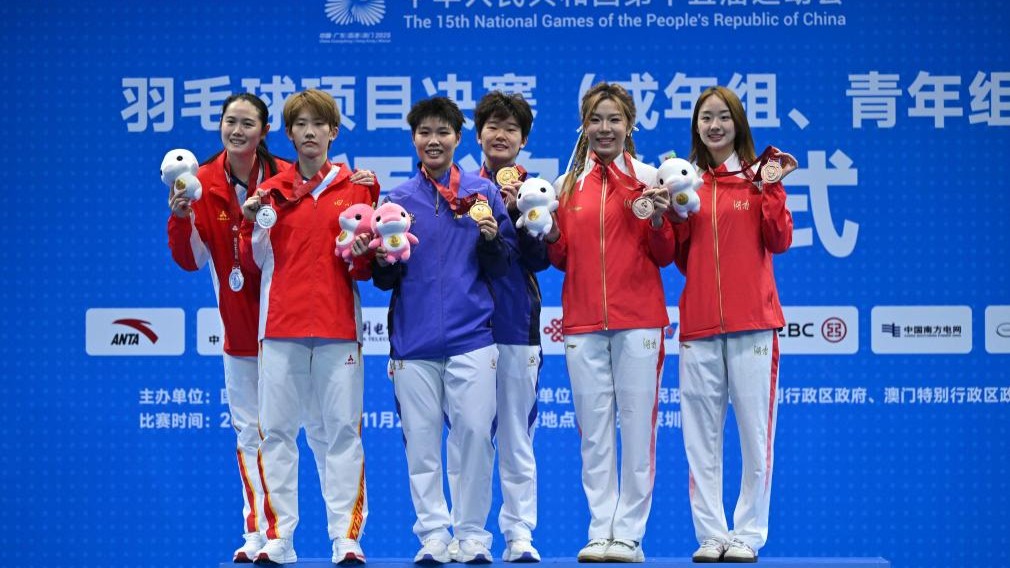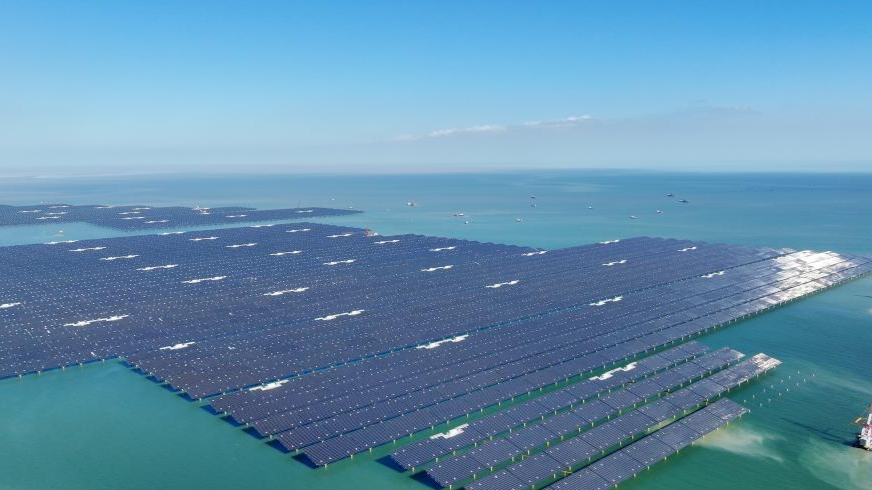Budapest symposium highlights China-EU common interests amid global uncertainty
BUDAPEST, Nov. 24 (Xinhua) -- Chinese and European scholars and diplomats gathered in Budapest on Monday to mark the 50th anniversary of China-EU diplomatic relations, calling for concentration on common interests and pragmatic engagement as global uncertainty increases.
The symposium, titled "Rethinking and Reshaping China-EU Relations in a Turbulent World," was co-organized by the think tank Eurasia Center in Hungary and Fudan University's Center for China-EU Relations. It also saw the launch of a new joint academic volume, "Sino-European Relations and the Reshaping of the International Order," presenting perspectives from Chinese, Hungarian, Czech and Serbian scholars on the evolution of China-EU ties over the past half-century.
Gong Tao, Chinese ambassador to Hungary, described China-EU relations as one of the world's most influential bilateral partnerships. He said that despite rising protectionism and geopolitical tensions, China and the EU share broad common interests, particularly in safeguarding multilateralism, advancing global governance reform, and promoting peace and prosperity.
Noting that China's continued modernization will "create broader opportunities for the common development of China and Europe," he encouraged deeper strategic communication and expanded mutual openness.
Opening the event, Levente Horvath, director of the Eurasia Center of Hungary, said the publication reflects a year of academic cooperation and aims to deepen mutual understanding at a time when the relationship faces conceptual and political challenges.
Gyula Thurmer, president of the Hungarian Workers' Party, said the new academic volume carries "an important political message" by demonstrating broad expert consensus on the need for dialogue and cooperation. He said Hungary views China's rise as an opportunity, rather than a threat, and cited food supply, climate protection, energy security, and artificial intelligence as areas where mutually beneficial solutions are both necessary and possible.
Xu Mingqi, honorary president of the Shanghai Institute for European Studies, said that the past decade has seen increased distrust influenced by external geopolitical pressures. He said China still regards the EU as a strategic partner and encouraged both sides to continue focusing on shared interests in trade, investment, climate action, and global governance.
Jian Junbo, director of the Center for China-Europe Relations at Fudan University, said future cooperation should address complex bilateral issues while safeguarding common interests.
Two roundtable discussions followed the opening session, focusing on the EU's "de-risking" approach toward China, and on connectivity versus bloc-formation in a shifting world order.
Photos
 Promotion week for intangible cultural heritage brands opens in Dali, China's Yunnan
Promotion week for intangible cultural heritage brands opens in Dali, China's Yunnan First batch of wintering black-headed gulls arrive at Lugu Lake in Yunnan
First batch of wintering black-headed gulls arrive at Lugu Lake in Yunnan Highlights of women's doubles of badminton at National Games
Highlights of women's doubles of badminton at National Games China's Shandong develops green energies to advance new energy structure transformation
China's Shandong develops green energies to advance new energy structure transformation
Related Stories
- Mutual trust key to China, EU ties
- China urges EU to provide fair, transparent, non-discriminatory business environment for Chinese companies
- China welcomes EU's efforts on Nexperia issue
- EU, China have big potential in translating research into industry, says EU lawmaker
- Foreign firms double down on China investment amid global economic uncertainty
Copyright © 2025 People's Daily Online. All Rights Reserved.





